JADS Doctoral Symposium
Are you a PhD candidate at Tilburg University, TU/e or JADS? Come and join the JADS Doctoral Symposium. On December 6th, 2024, this symposium is hosted at the historic JADS campus in ‘s-Hertogenbosch.
About JADS
JADS is a unique cooperation between Tilburg University, Eindhoven University of Technology (TU/e), the Province of North Brabant, and the Municipality of ‘s-Hertogenbosch, focusing on data science, data governance and entrepreneurship.
We are committed to fostering connections and collaboration between PhD candidates from the various graduate schools at Tilburg University and TU/e. By strengthening this connection, we can create valuable opportunities for all of us.
Symposium Highlights:
- PhD Presentations: hear from PhD candidates from four graduate schools across Tilburg, Eindhoven and Den Bosch as they present their research.
- Networking Opportunities: engage with fellow researchers, exchange ideas, and discuss potential collaborations.
- Present Your Research: showcase your own research! In one of the 30-minute sessions, tell us about your PhD research and get valuable feedback in the Q&A.
If you’re interested in attending the symposium or presenting your research, please reach out by filling this form.
We look forward to welcoming you to the JADS Doctoral Symposium 2024!

9:30 Walk-in
9:45 Plenary opening session
10:00 Presentations round I
11.30-11.45 Coffee break
12:45 Lunch
13:45 Presentations round II
15.15-15.30 Coffee break
16:30 Drinks

About our speakers
Prabhant Singh
Prabhant Singh is a PhD student at Eindhoven University of Technology in the Automated Machine Learning group supervised by Joaquin Vanschoren. His interest lies in Meta-Learning, Transfer Learning, AutoML and Optimal Transport based methods.
Presentation title
Transferability estimation of models in multiple scenarios.
Abstract
With the modern Neural Networks and model hubs we have a choice of 100s of models for a given task on out fingertips, my research covers scenarios where we can select these models intelligently with methods such as optimal transport.
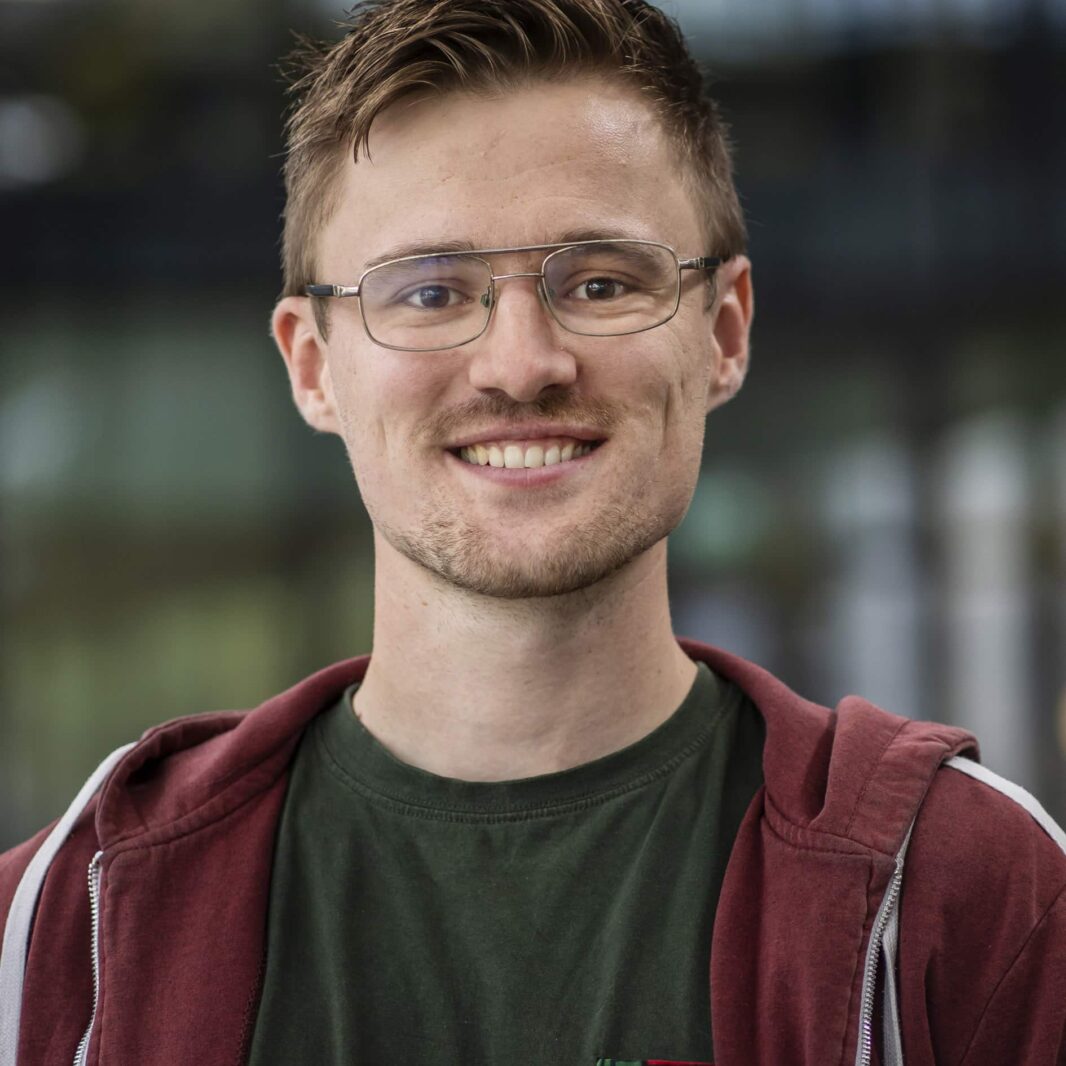
Bram Grooten
Bram Grooten is a 3rd-year PhD student at the TU Eindhoven in the Netherlands, supervised by Decebal Mocanu and Mykola Pechenizkiy. Currently he is a research intern at Sony AI, working on generalization for the GT Sophy team. Bram visited the University of Alberta for five months in 2023, joining the IRL Lab of Matthew Taylor. His research focuses on Sparse Training, Deep Reinforcement Learning, Robotics, and Generalization.
Presentation title
Efficient Focus for Autonomous Agents: on Generalization in Deep RL
Abstract
The world provides an abundance of information, but often many inputs to a reinforcement learning agent are irrelevant or even distracting to its current task. We cover two approaches aimed at enhancing performance in challenging environments. First, the Automatic Noise Filtering (ANF) method is introduced, which learns to focus its efficient sparse connectivity on task-relevant features, outperforming dense algorithms with significantly fewer weights. Second, we highlight MaDi, an algorithm that learns to mask distractions in pixel-based reinforcement learning, improving focus and generalization.
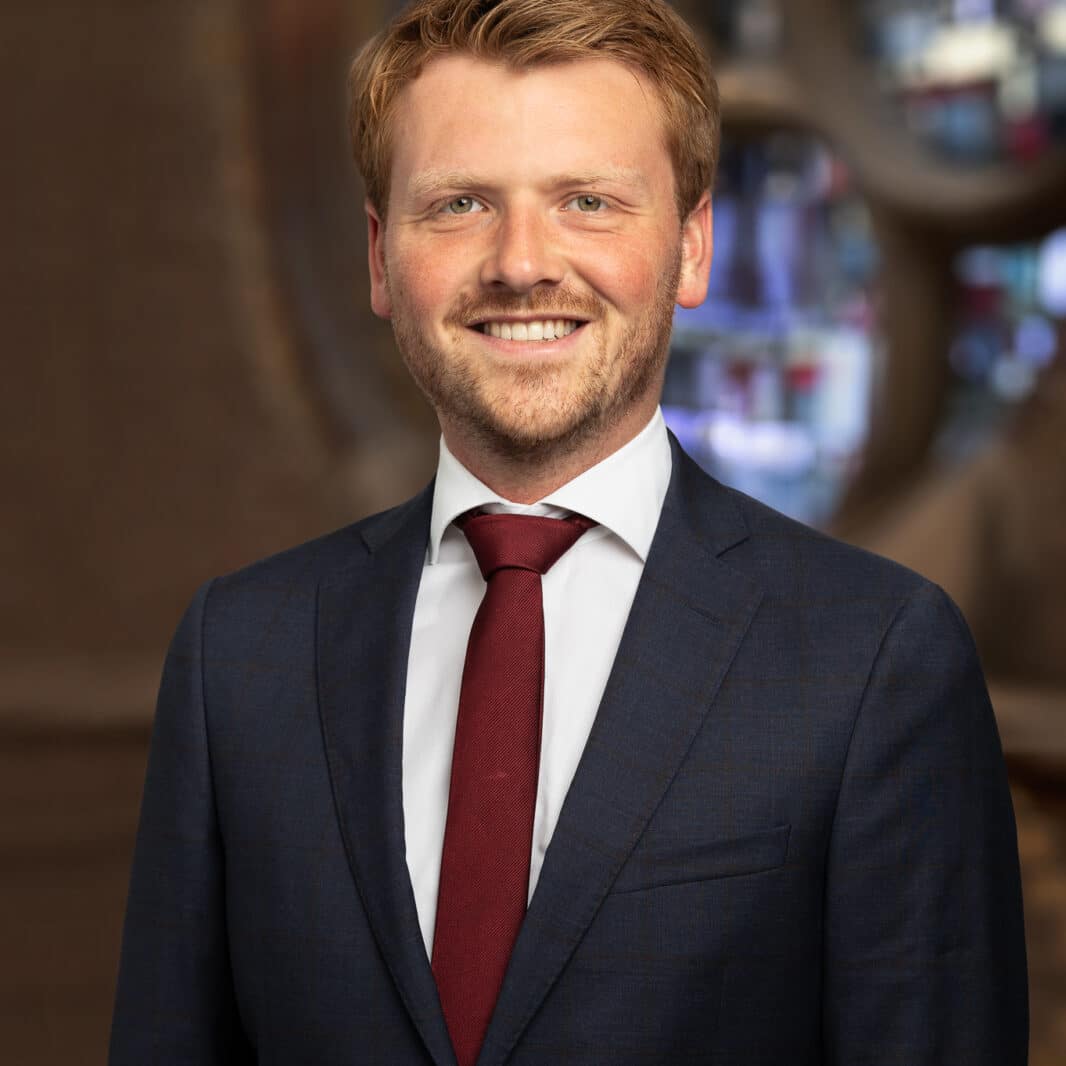
Derkjan Elzinga
Derkjan Elzinga MSc is a PhD candidate in the security domain. His research focuses on the use of data by government organizations with the aim of countering the undermining effects of organized crime. He focuses more specifically on the maritime domain. His research looks into how data can be effectively shared between different government entities and private parties. This in order to identify best practices and existing challenges.
Presentation Title:
The Governance of data in countering the undermining effects of organized crime
Abstract
Organized crime is highly visible within Dutch society. It has gained attention because of high profile murders and frequent explosions in residential neighborhoods. Its effects on society however are more widespread. Things like the real estate market, health care and legitimate businesses are pressured by the undermining effects of organized crime. In order to tackle this problem, different government organizations in the Netherlands are trying to cooperate. Major part of this cooperation is sharing data with one another. This cooperation and the data sharing involved does not always succeed. What possible complicating factors are, will be the subject of this presentation. It will also discuss the proposed methods that will be used in order to research this phenomenon.

Hezha Mohammed Khan
Hezha Mohammed Khan is a Ph.D. candidate in Cognitive Science and Artificial Intelligence department at Tilburg University. Her research is mainly on the applications of AI and Data Science in the Humanitarian sector. Hezha has a bachelors degree in Electrical Engineering, in 2020 she completed her MSc in Data Science and Society at Tilburg School of Humanities and Digital Sciences. During her masters study she collaborated with the Zero Hunger Lab at Tilburg University on employing deep neural networks to predict body measurements for the purpose of detecting early malnutrition in children. In 2020 She officially joined the Zero Hunger Lab as a researcher which later on lead to her appointment as a Ph.D. candidate. Outside of work, Hezha is very active in the youth network globally and in regionally in the middle east, she encourages young people to take the lead in making changes in their local communities, she is TEDx speaker, AMENDS fellow, and former UNESCO Youth of 2017.
Presentation title
Predicting Body Measurements from Images: Malnutrition In Children
Abstract
Approximately 800 million people in the world go to bed hungry; 200 million of them are children and 5.6 million avoidable infant deaths are caused by malnutrition (according to statistics of the WFP, the UN, and the World Bank ). Timely detection of child malnutrition through adequate measurements is crucial for treatment. World Health Organisation statistics show that only 35% of malnourished children are adequately measured. Manually measuring height and weight is time consuming and often inaccurate. Precisely estimating a child’s body measurements and weight from a single image will allow us to overcome the challenges of manually measuring children. However, training a model with children’s images and body measurements comes with ethical responsibility in terms of careful handling and processing of data, as well as explainability of these models and how the decisions inside these models are made. The first last of the presentation will cover the current results and progress in terms of data acquisition and model training and will present a detailed plan on how we intend to provide some insights into how these models work. The second part of the presentation will be reporting on our current ongoing work on explainable AI, to look at how these models work and make decisions. The third and final presentation will serve as an open forum to discuss and gather new thoughts and how we can go about such challenging technical task of predicting body measurements from images of vulnerable subjects, which is ethically concerning, but if performed successfully can have a huge social impact to save millions of lives worldwide.

Mihai Alexander Constantin
Currently a postdoc at Tilburg University, Mihai focus on developing methods for sample size planning in the social sciences. He is passionate about creating open-source software packages (e.g., https://powerly.dev and https://parabar.mihaiconstantin.com), and providing support for empirical researchers in their sample size planning efforts.
Presentation Title
A General Approach to Sample Size Analysis
Abstract
Sample size analysis is arguably an important step when designing empirical studies. In the first part of the talk, I introduce a general method for conducting sample size analysis. This method is structured as a three-step recursive algorithm designed to determine the optimal sample size based on a given model specification and an outcome measure of interest. The process begins with a Monte Carlo simulation to compute the outcome at various sample sizes. It then proceeds to a monotone curve-fitting step to interpolate the outcome. Finally, stratified bootstrapping is employed to gauge the uncertainty around the recommendation provided. In the final part of the talk, I discuss the implementation of this method as an open-source software package. This implementation aims to facilitate its application seamlessly, ensuring it does not introduce bottlenecks in the research process.
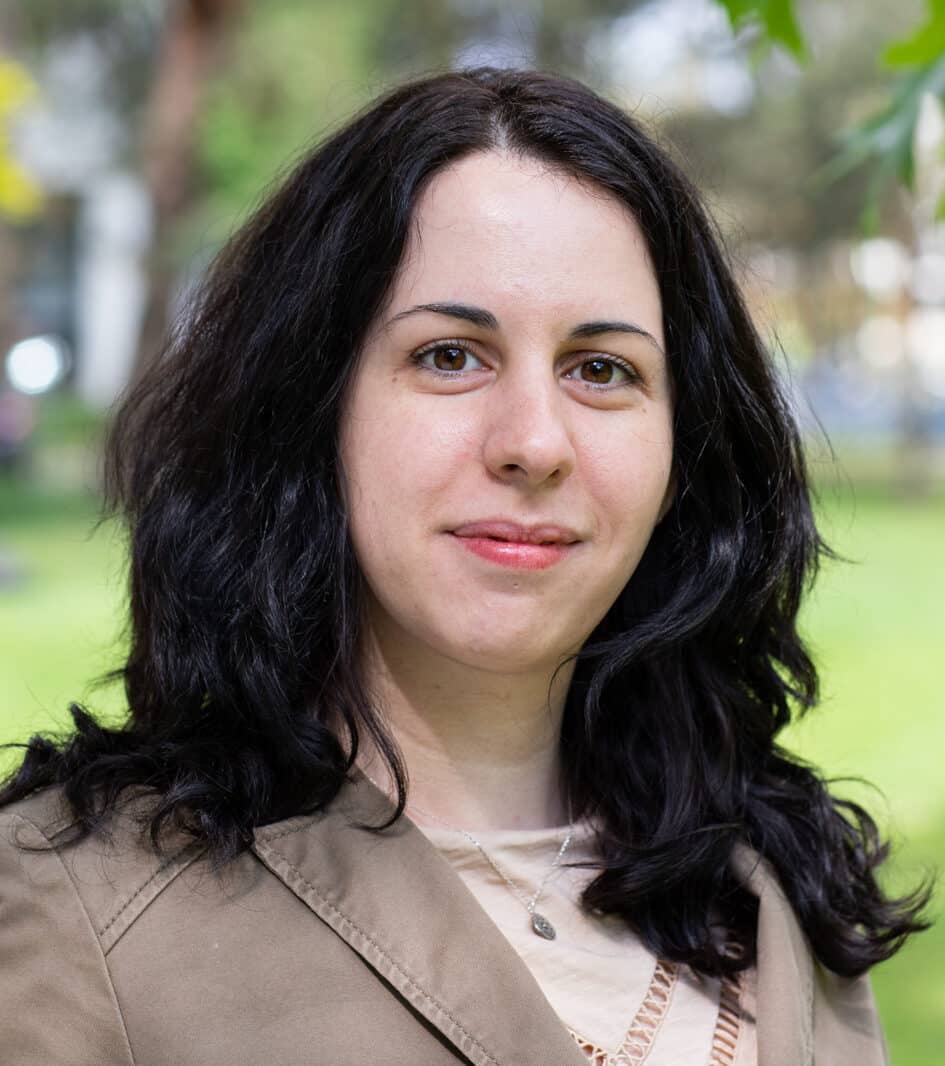
Nadya Ali
Nadya Ali is a PhD candidate in the Department of Cognitive Neuropsychology at Tilburg University. She has a background in epigenetics and gene x environment interactions and her current research focuses on early-life adversity and its impact on neurodevelopment. Nadya is an active member of the Zero Poverty Lab, where she investigates mechanisms of intergenerational poverty and their effects on maternal and child health. As part of a fellowship with the ODISSEI (Open Data Infrastructure for Social Science and Economic Innovations) SoDa (Social Data Science team), Nadya investigates the relationship between poverty and maternal and infant perinatal health in the Netherlands. Of particular interest are the interactions between different types of adversity that coalesce for children born into poverty, as well as the identification of effective intervention targets.
Presentation title
A population-based study of the Netherlands on the effects of poverty on child and maternal perinatal health.
Abstract
Nearly 16% percent of children around the world live in poverty and those born into it are especially susceptible to its effects. Although poverty is consistently linked to adverse health outcomes, it is a heterogenous phenomenon and depending on the context its associated risk factors can differ both in nature and in severity. Interventions during the first years of life can be both effective and cost efficient. Given the complexity of context-specific poverty risk factors and their interactions with each other, the current project takes a data-driven approach to identifying intervention targets that can aid policymakers. The goal of the study is to investigate the association between family poverty and maternal and infant health in The Netherlands, as well as potential mediating intervention targets. Method: Data used for this study is part of a large population-based dataset consisting of records from official healthcare providers and the Central Bureau for Statistics in The Netherlands. It covers a time period of 10 years (2010-2020) with 1.8 million pregnancies. We take a two-step approach to the analysis to address the goals of the research question – 1) a descriptive analysis of relevant poverty-related factors in regards to child health; 2) causal pre-registered confirmatory mediation analyses of theory-informed mediators of the effects of poverty on child birth outcomes. After a conceptual pre-registration of the hypotheses we split 10% of the data for feasibility assessment of the planned analyses. Following the 10% holdout sample, an analytic pre-registration of the methods will be submitted, after which analyses will be conducted on the remaining 90% of the cases. Additional robustness tests will also be conducted, as well as analyses replicating the results using different variables to account for income, such as education, which can often be the only proxy for socioeconomic status that researchers have access to.

Martijn van Leeuwen
Martijn van Leeuwen is a PhD candidate in the Cognitive Science and Artificial Intelligence (CSAI) department at Tilburg University and collaborate closely with Elisabeth Tweesteden Hospital (ETZ) in Tilburg. He holds a degree in Medical Engineering from the Technical University of Eindhoven and is currently focused on developing automated methods for detecting bone lesions in Multiple Myeloma patients. His research primarily centers on leveraging deep learning techniques to enhance and streamline the lesion detection workflow.
Presentation Title
Automated detection of osteolytic lesions of Multiple Myeloma patients.
Abstract
His talk will cover the research he has conducted over the past few years, focusing on the segmentation and monitoring of osteolytic lesions, as well as strategies for reducing false positive model predictions.
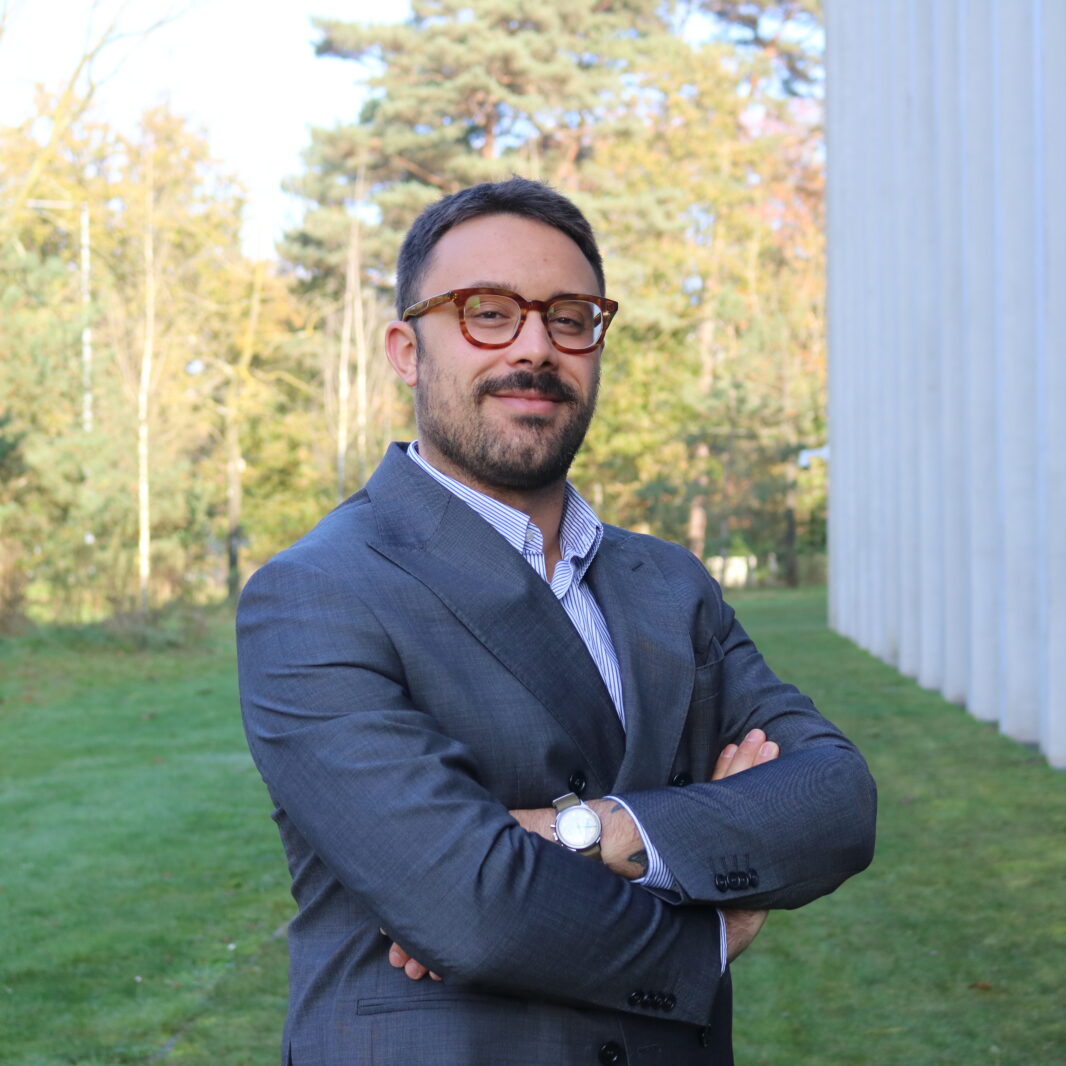
Niccolò Zaccaria
Niccolò Zaccaria is a Ph.D. candidate in economics at TiSEM. His primary research focuses on firms’ pricing decisions and their implications for the broader macroeconomy. Additionally, he is interested in the impact of artificial intelligence on the labor market and its (potential) contribute to labor misallocation.
Presentation title
ChatGPT (Cover) Letter for Me: The Role of LLMs in Recruitment
Abstract
We examine the effect of Large Language Models (LLMs) on job application processes. Through two experiments, we determine whether LLMs enhance the quality of applicants’ cover letters and how recruiters respond to their use. The first experiment involves university students and recruiters from four multinational companies, showing that LLMs increase the quality of cover letters, benefiting especially applicants with lower abilities. Despite these improvements, the likelihood of securing an interview does not increase, as LLMs improve less essential parts of cover letters. During the second experiment, recruiters assess a sample of cover letters, some crafted with LLM assistance and others without. Awareness of LLM involvement in writing does not change the cover letter evaluations. However, recruiters reward high-quality applicants when it is clear that LLMs were not employed. Finally, we develop a theoretical model to study the general equilibrium implications of our findings.

Ugochukwu Orji
Ugochukwu Orji is a PhD candidate specializing in Artificial Intelligence for Energy Forecasting, with a focus on applying deep learning techniques to enhance power load and renewable energy forecasts in electricity grids. His research leverages advanced methodologies, like Graph Neural Networks, sequence processing and uncertainty quantification, to develop accurate and adaptable models that address the dynamic challenges of energy forecasting in modern electricity grids.
With a commitment to meeting industry needs via academic innovation, Ugochukwu collaborates with stakeholders to create solutions that promote sustainability and efficiency in power grid management, contributing to the global transition toward low-carbon energy systems.
Presentation Title
AI for Power Load and Renewable Energy Forecasting in Electricity Grids
Abstract
Accurate short-term forecasting of power load and renewable energy supply is crucial for transitioning to a low-carbon electricity grid. Reliable forecasts reduce reliance on high-carbon baseload generators, thereby accelerating decarbonization efforts. However, the dynamic nature of energy demand and external factors such as weather variability and public events pose significant challenges to achieving precise and dependable predictions. Deep learning, with its demonstrated effectiveness in power load forecasting, holds immense potential for renewable energy forecasting.
This research aims to develop advanced deep learning algorithms that are both accurate and adaptable to dynamic changes driven by external covariates. By incorporating diverse patterns and external influences, including graph-structured data, the models will account for network constraints and improve prediction accuracy. The project emphasizes collaboration with industry partners, such as Aqualectra and WEB Bonaire, to ensure the methods are practical and deployable in real-world settings, particularly in Curaçao and nearby regions. By integrating deep learning and probabilistic models, this work seeks to advance energy forecasting techniques, ultimately contributing to more efficient, reliable, and sustainable power grid management.

Zihao LIU
Zihao LIU is a Ph.D. candidate in Finance at Tilburg University in the Netherlands. His research focuses on empirical corporate finance and the intersection of finance and artificial intelligence. He earned a bachelor’s degree in finance with coursework in Computer Science from the Ocean University of China and an MSc in Finance and Accounting, complemented by a CEMS double degree in International Management from the Stockholm School of Economics and Copenhagen Business School.
Before pursuing his Ph.D., he worked as a research assistant at the Swedish House of Finance. During his doctoral studies, he also completed a research visit at the Research Department of Sveriges Riksbank.”
Presentation title
Learning from machines: can CEO vocal cues help to predict future firm performance?
Abstract
“I apply tailored deep learning models on CEO voiceprints of earnings conference calls to predict the firm’s future performance as measured by cumulative gross returns and cumulative abnormal returns. The out-of-sample evaluations of the models achieve a prediction accuracy ranging from 53.2% to 61.1%. This study documents new empirical evidence that audio recordings of conference calls contain valuable information about a firm’s returns, incremental to qualitative “soft” information conveyed by textual content, and quantitative earnings information. To achieve some level of explainability of the learned voiceprints’ nuances, I refer to a three-dimensional vocal emotion classifier – arousal, valence, and dominance – which contributes to improving and refining vocal sentiment analysis in the existing literature. I find a positive correlation between the valence of a CEO’s speech and the firm performance. Finally, the novel empirical results of predicting market returns using the CEO’s vocal cues indicate that the CEO’s vocal cues may capture underlying macroeconomic sentiment.(JEL D83, G14, G41).”
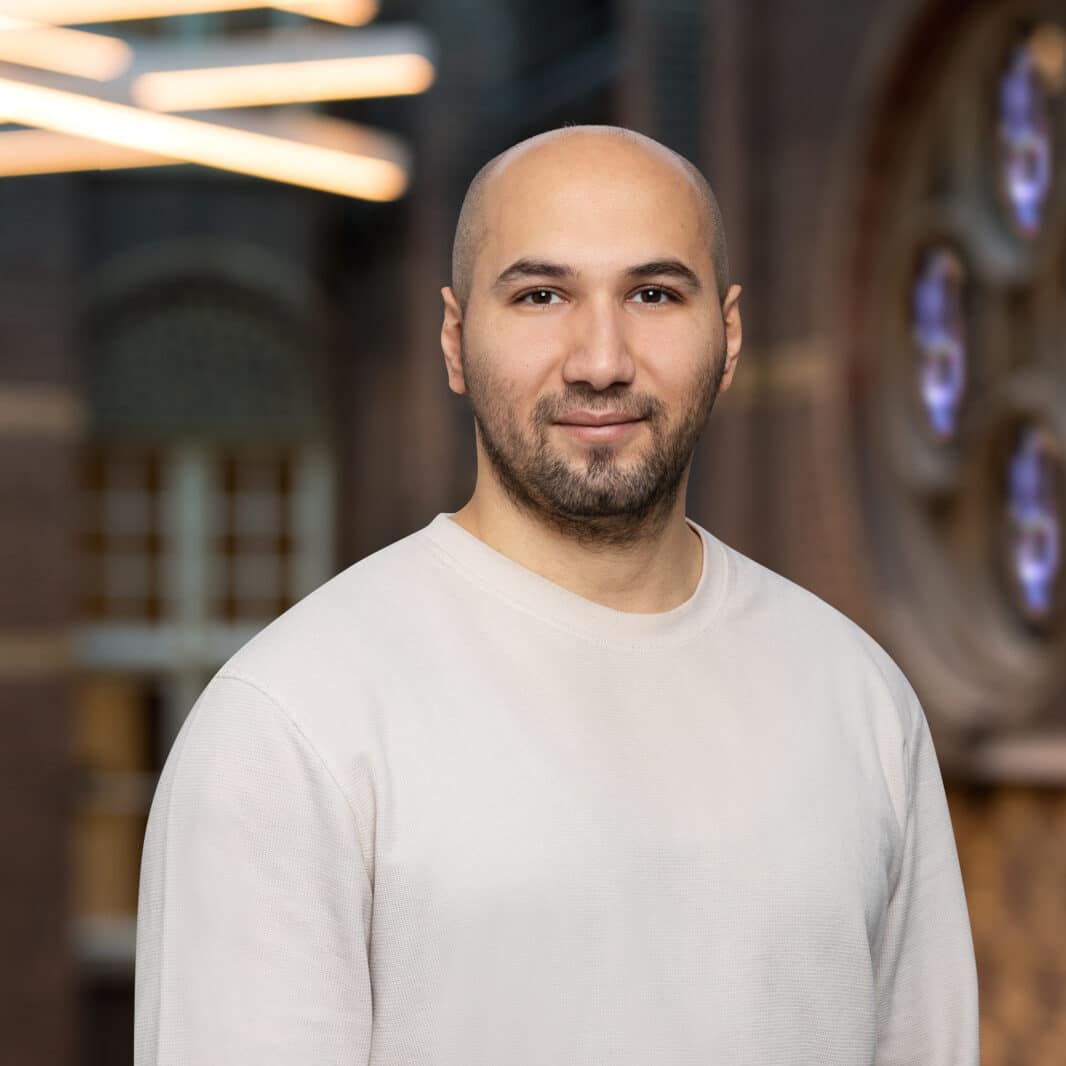
Qusai Khaled
Qusai Khaled is a PhD candidate contributing to the ILUSTRE living lab, which aims to develop, implement, and test AI-driven innovations to accelerate clean energy use and improve water treatment processes in the Caribbean region. Aligned with the Sustainable Development Goals (SDGs) 6 and 7, his work focuses on creating cutting-edge interpretable AI solutions. Qusai specializes in hybrid models combining soft computing techniques, such as fuzzy systems, to enhance the prediction and optimization of water treatment plant performance, support decision-making for leak detection in water distribution networks, and reduce the energy consumption of desalination plants.
Presentation Title
Explainable AI in Water Management
Abstract
Population growth, urbanization, and climate change are increasing pressure on water resources, with two billion people facing scarcity by 2050. AI offers potential for sustainable water management, but trust and interpretability remain barriers. Explainable AI (XAI) is key to bridging gaps between experts, data scientists, and practice, enabling trustworthy, impactful solutions. This work aims to provide insights into achieving trustworthy AI models that can overcome these challenges, unlocking their full potential to create a sustainable water future.
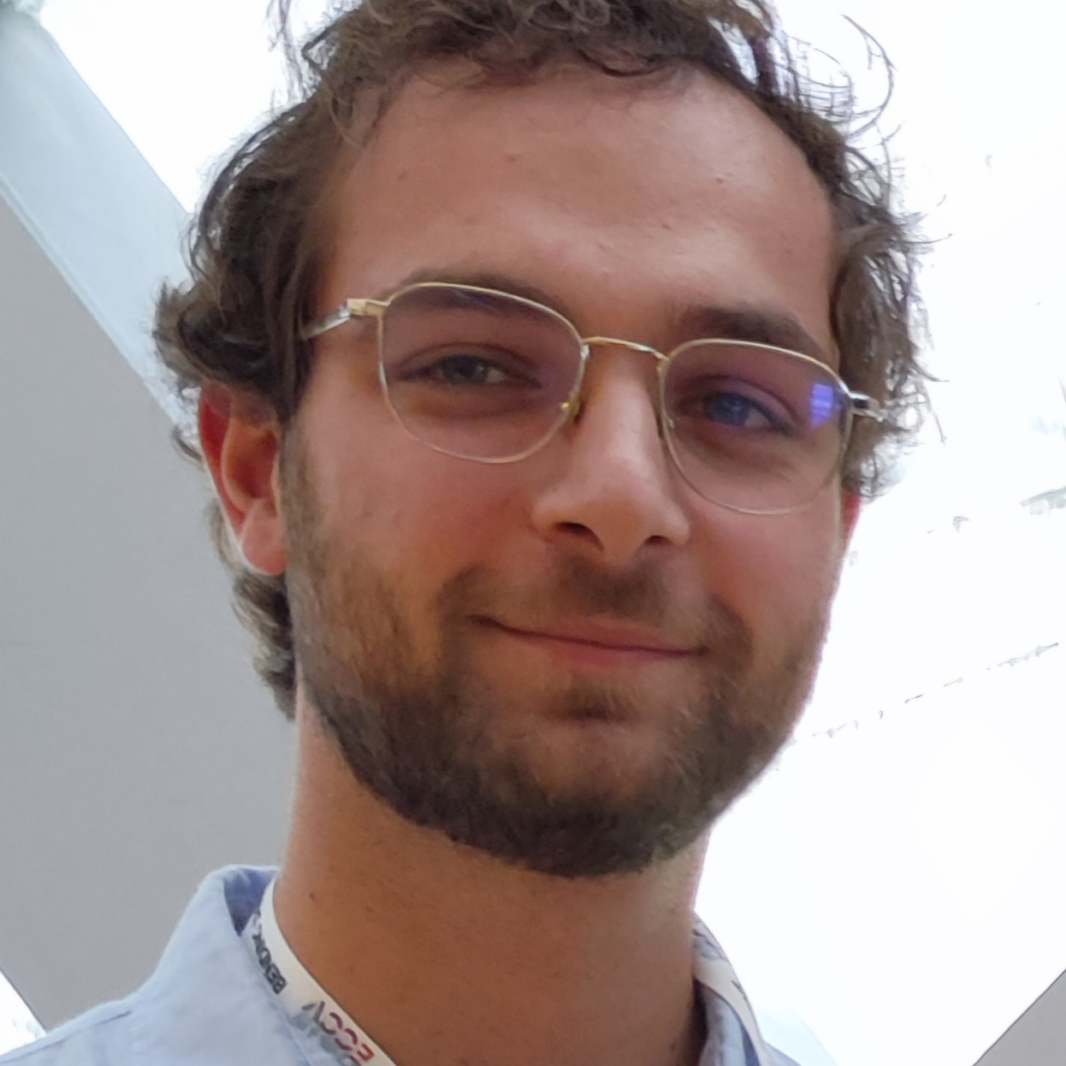
Pasquale De Marinis
Pasquale De Marinis is a Ph.D. student at the Department of Computer Science, University of Bari Aldo Moro, Italy, currently undertaking a six-month visiting research period at JADS. His research interests focus on computer vision applications, particularly in the fields of drone technology and precision agriculture. His work has been recognized with a Best Distinction Paper Award at the FedCSIS conference.
Presentation title
Computer Vision and Semantic Segmentation applied to Precision Agriculture.
Abstract
In the context of precision agriculture, drones equipped with computer vision systems are becoming essential for efficient crop management. This talk explores the task of Weed Mapping, which involves the detection and spatial mapping of weed infestations using drone-acquired data. Key challenges in this domain include handling multispectral data, overcoming the scarcity of annotated datasets, and addressing the computational limitations of drones. To tackle these issues, the presentation will examine the use of transfer learning and few-shot learning techniques to mitigate data scarcity, as well as the application of knowledge distillation to optimize models for deployment on resource-constrained devices. These approaches aim to advance the scalability and effectiveness of weed mapping, providing actionable insights to enhance agricultural productivity and sustainability.